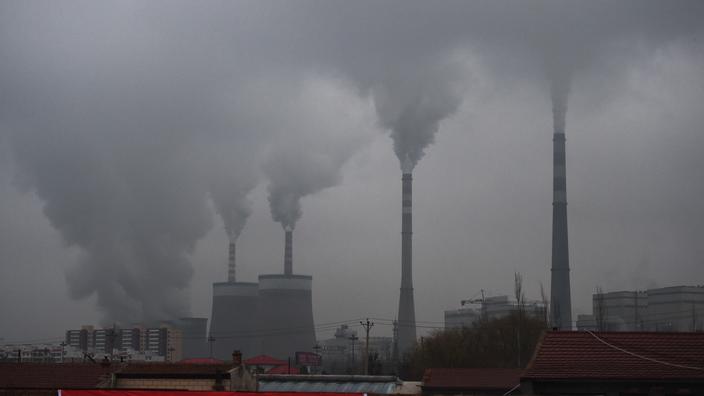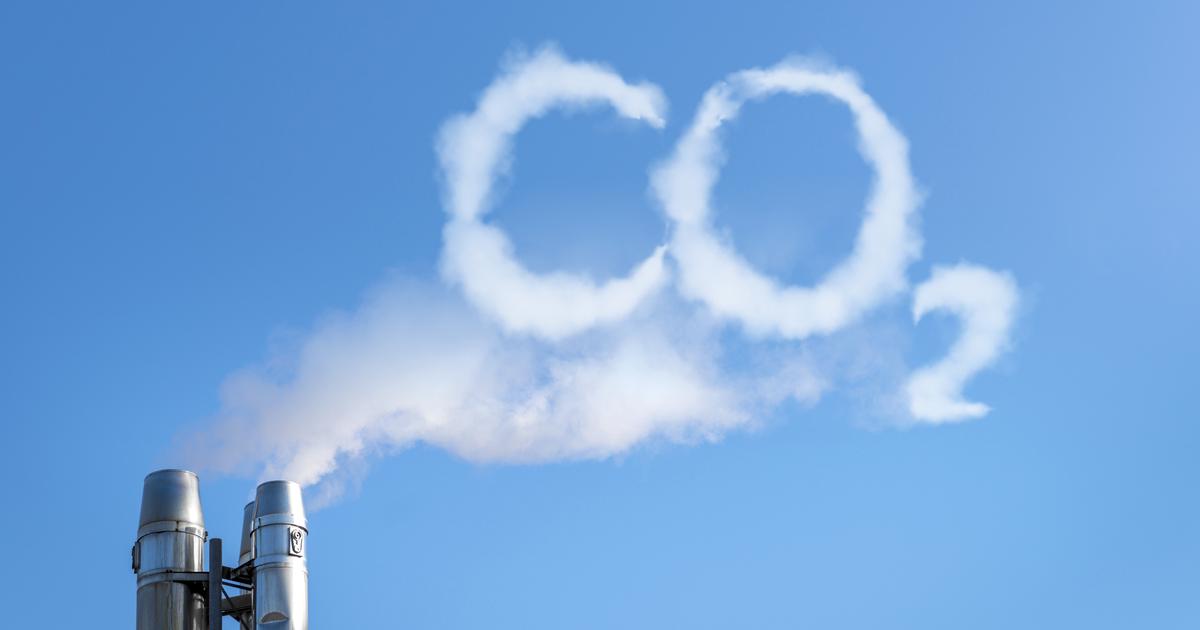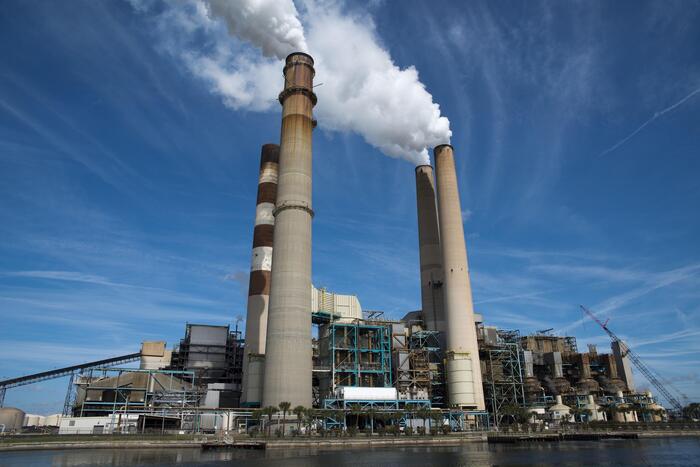A rebound effect to be expected.
Greenhouse gas emissions linked to energy production and consumption are expected to rebound to the point of approaching their pre-Covid-19 peak in 2021, due to the recovery in global demand for all fuels fossils and in particular the resurgence of coal, estimates the International Energy Agency (IEA).
Read also: Coal-fired power stations close to extinction in France
After a historic decline of 5.8% in 2020 linked to the pandemic and its containment measures, energy-related emissions (i.e. around three quarters of the world total all sectors combined) should experience a rebound of 4 this year, 8% (+1.5 billion tonnes, to 33 billion tonnes).
This would be the second largest annual increase ever recorded for these emissions causing global warming, after the post-financial crisis rebound in 2010. Indeed, all fossil fuels should see their demand increase "
significantly
" in 2021, and notably coal, the most emitting of all, in emerging countries.
Record growth for solar and wind power
Demand for coal is expected to grow by 4.5%, exceeding its 2019 level to approach its 2014 highs. Its growth, driven by the electricity sector, is expected to be 60% greater than that of renewables (which are also growing) . Gas demand is also expected to exceed its 2019 level. Oil demand is picking up strongly, but is unlikely to return to its 2019 peak due to uncertainties weighing on the airline sector.
On the renewable side, electricity production is expected to grow by 8%, to supply some 30% of global electricity (compared to less than 27% in 2019).
Solar and wind power in particular should experience record annual growth: electricity production from wind power is expected to grow by 17% compared to 2020, that from photovoltaic sources by nearly 18%.
China accounts for about half of this progress.
The recovery is anything but sustainable for the climate
But in the end, global energy-related emissions in 2021 would end up just 1.2% below the 2019 level (at 400 billion tonnes less).
"
This is a dark warning, which shows that the economic recovery after the Covid crisis is to date anything but sustainable for our climate,
" said IEA director Fatih Birol, in a press release.
"
Unless governments act quickly to start cutting emissions, it is likely that we will face an even worse situation in 2022,
" warns the economist, for whom "
the climate summit organized by US President Joe Biden this week is a critical time to commit to clear and immediate action ahead of COP26 in Glasgow
”.









